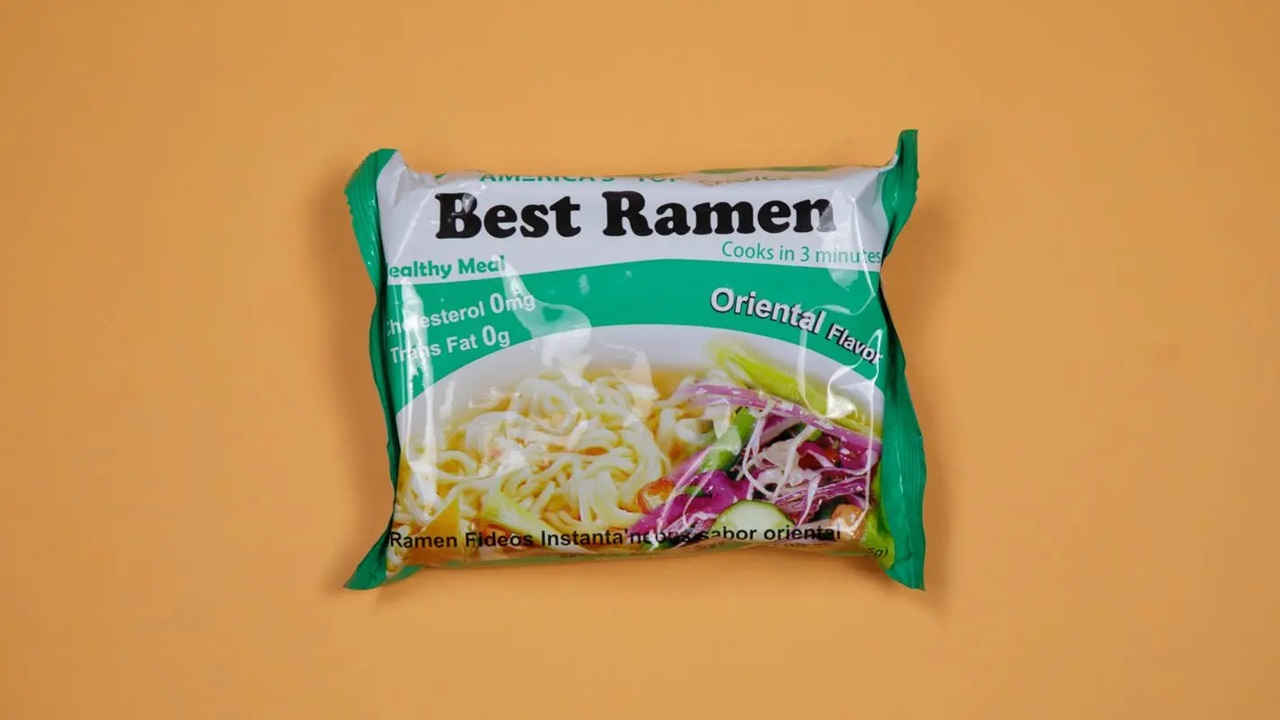Plant-based food products are now on the radar due to increasing global consciousness toward healthier and sustainable sources of nutrition. The plant-based noodles have turned out to be a flexible and popular product. This is a perfect chance for B2B retailers to expand their market share and serve as many industries as food service and grocery. Thus, knowing the benefits and uses of plant-based bulk noodles, retailers can become the main suppliers of products in this promising segment.
Meeting Market Demands with Plant-Based Bulk Noodles
Plant-based bulk noodles meet various needs of consumers, such as healthy, diverse, and sustainable foods. Most plant-based noodles are derived from lentils, chickpeas, or rice and are gluten-free with high protein content. These qualities make them special not only for vegan clients, but for everyone who follows a restricted diet, or at least tries not to use wheat-based products. B2B retailers have an opportunity to satisfy the increasing needs of restaurants, meal preparation services, and institutional clients who need a large volume of flexible food items. Vegetarian noodles are extremely versatile and show up in Asian-inspired dishes to gluten-free Italian recipes, thus enjoying versatility in cuisines. This way, the retailers can be in a position to supply the clients who depend on the supplies and the affordable prices.
Cost and Operational Benefits of Bulk Noodles
To the food businesses, the purchase of these products in bulk is a major plus in terms of cost and operations. Purchasing in large quantities eliminates the costs per unit and this is a good thing for restaurants or food manufacturers who are operating under thin profit margins. Besides, plant-based noodles last longer than fresh noodles, and therefore, this cuts the chances of the product going bad. B2B retailers who supply noodles in large quantities to their clients have a crucial role in ensuring that organizations run efficiently. Rather than having to coordinate small and constant orders, clients can get a consistent supply of good-quality noodles in large quantities. This not only makes work easier but also makes the production line more efficient during busy times such as festive seasons or even a sales promotion period.
Expanding Product Lines with Plant-Based Bulk Noodles
With the increased popularization of plant-based foods, B2B retailers of bulk noodles can extend their market to more plant-based foods. The versatility of noodles like edamame, zucchini, or quinoa noodles makes it possible for retailers to attract a large market. B2C clients may also result from including plant-based noodles in their inventory, for instance, health-focused restaurants, vegan meal kit services, and gourmet food outlets. When displayed together with other related products like plant-based sauces or proteins, the retailers can be in a position to portray themselves as one-stop shops for businesses that want to incorporate plant-based products in their business. This strategy not only augments the sales volume but also wipes out the good potential for the retailers to have long-term words with their clients who always seek variety in their supply chain.
Conclusion
B2B retailers will have a great opportunity in this plant-based bulk noodle rise. Retailers can offer these versatile and in-demand products to cater to the growing market while providing cost-effective and operational benefits to their clients. With consumer preferences evolving, stocking plant-based bulk noodles will help retailers stay ahead of the curve, fostering business growth and meeting the needs of an increasingly health-conscious and sustainability-driven industry.
